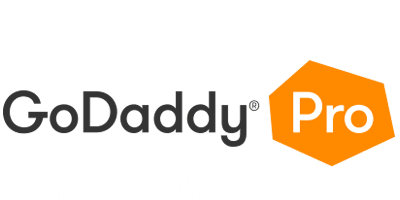GoDaddy has never really had a great standing amongst the developer community, and since GoDaddy has traditionally focused on the needs of the small business owner and not the developer/webmaster – the lack of following from the developer community makes sense. However GoDaddy is looking to change all that by launching a series of updates to its VPS and dedicated server products to better meet the needs of its growing customer base of developers and web designers. The new set of products will be served under the new GoDaddy Pro brand. The new Pro servers are powered by CentOS, Fedora or Windows and use cPanel or Plesk control panels. Furthermore each product comes in three different managed tiers – either self-managed, managed or fully-managed. The managed offering is the “standard” tier, while the self-managed offering is for developers who are looking for “super value” and can handle most of the technical requirements on their own. The new Pro plans also include new features such as OS patching, staging, cloning, root access, backups, and disaster recovery. A plethora of functionality GoDaddy never offered to the public before. Next up was support. GoDaddy always had fairly decent customer support – and the average small business owner trying to build a website would have been more than satisfied. However as a developer calls to GoDaddy support were often rather frustrating with at-least some bit of pulling my own hair out included with each call. With help from Media Temple, the hosting company GoDaddy acquired last October, GoDaddy is looking to completely rework the way their support teams are trained. Now employees will be required to be product certified, which GoDaddy says will result in customers receiving more knowledgeable and timely support.
“What we’ve done first and foremost is created a very specific hosting support team so that when you have a hosting problem…you get someone who really understands hosting.” “You essentially graduate into hosting support. We’ve executed a whole academy training program that we basically took the playbook right out of Media Temple’s world and make sure these teams are trained on everything from control panels to WordPress and PHP and other technical capabilities.”
